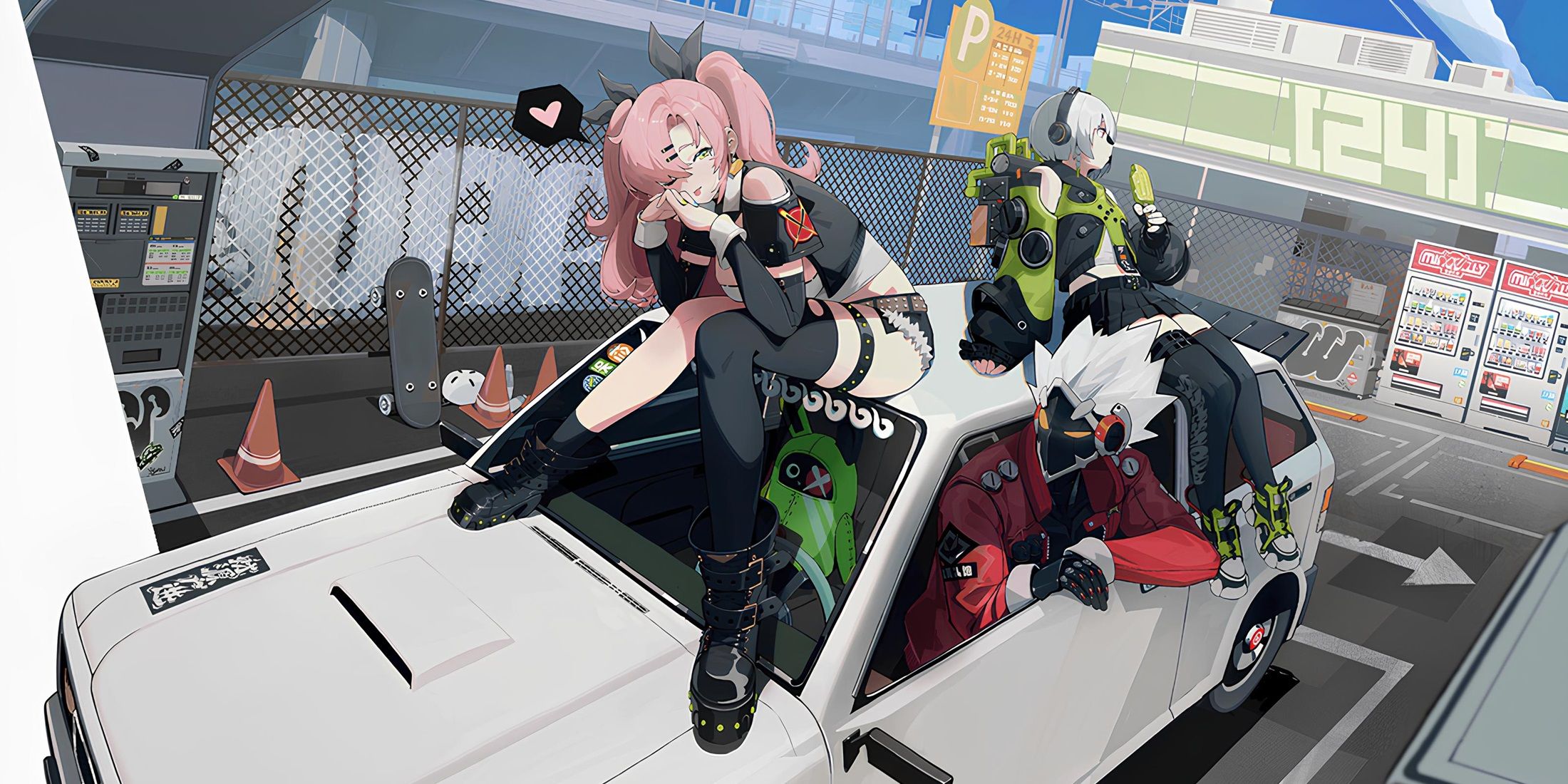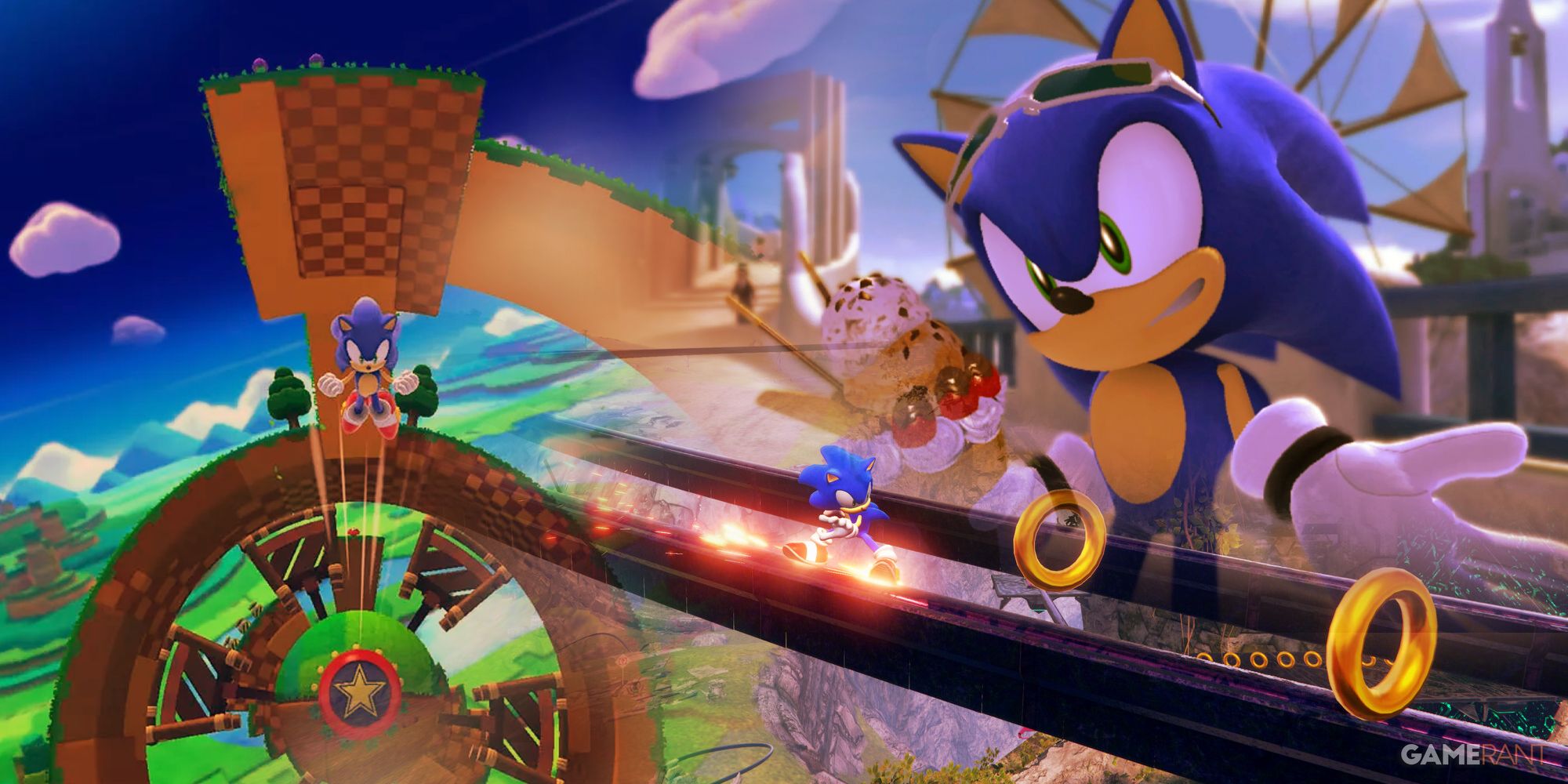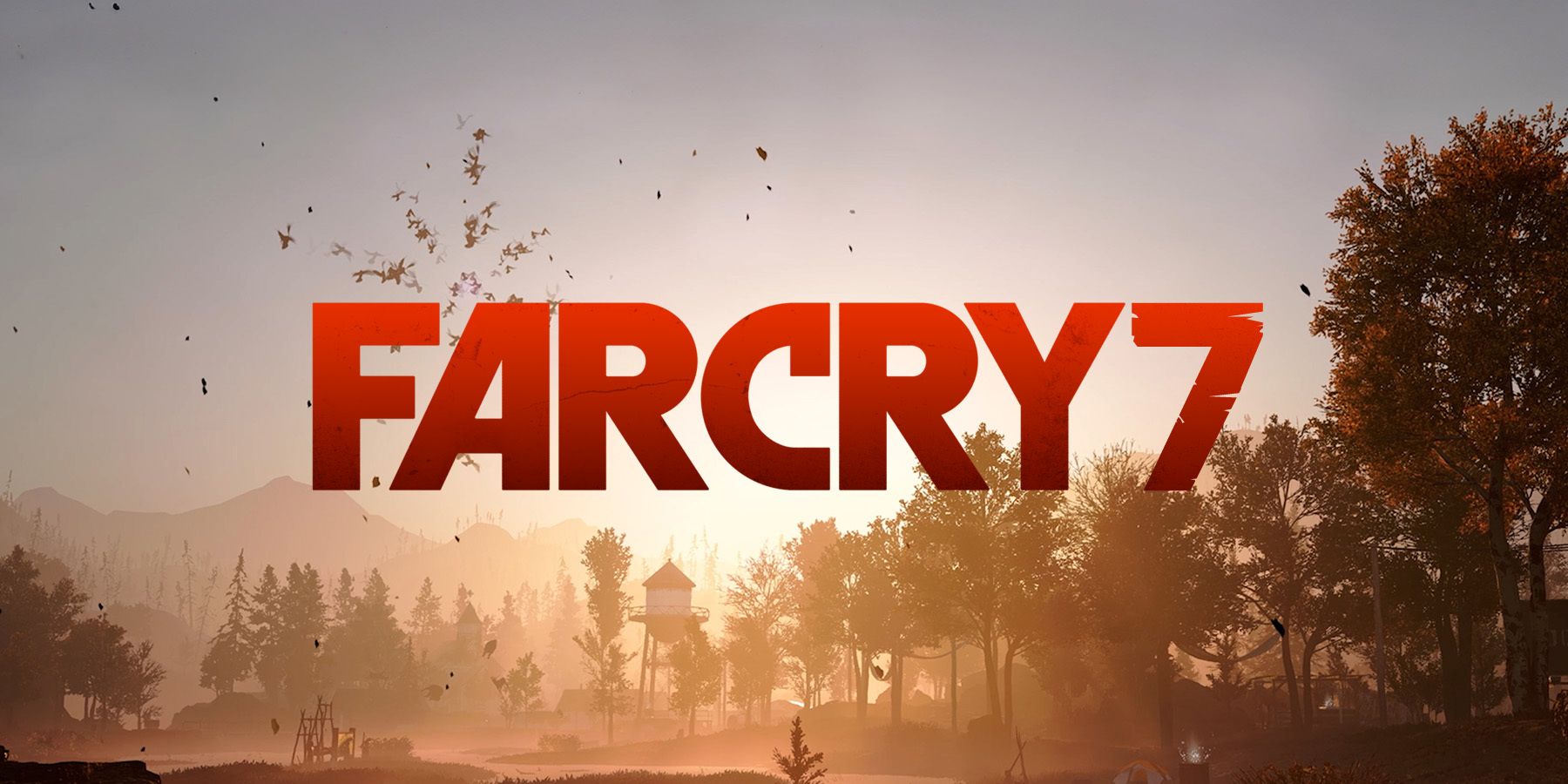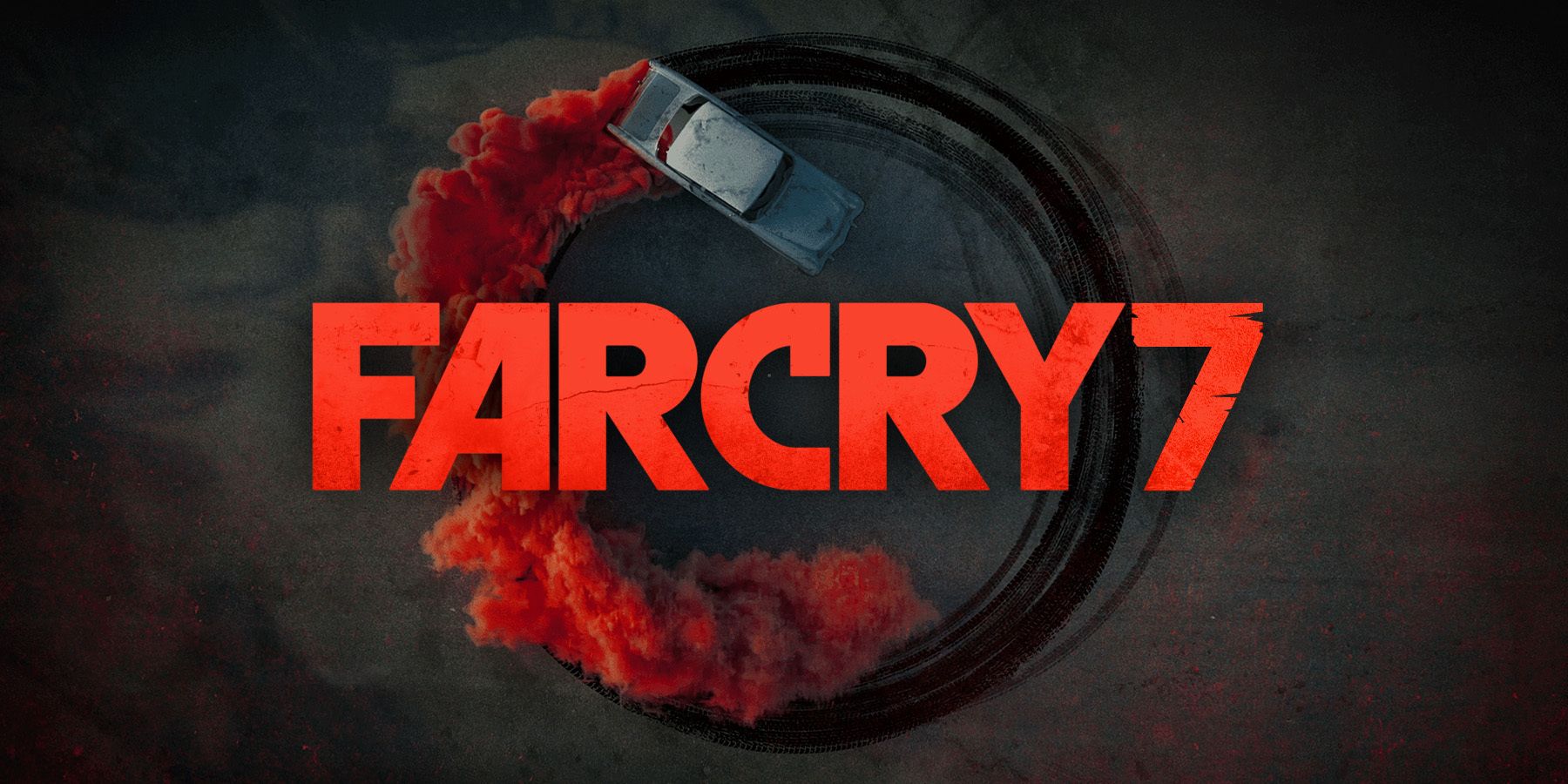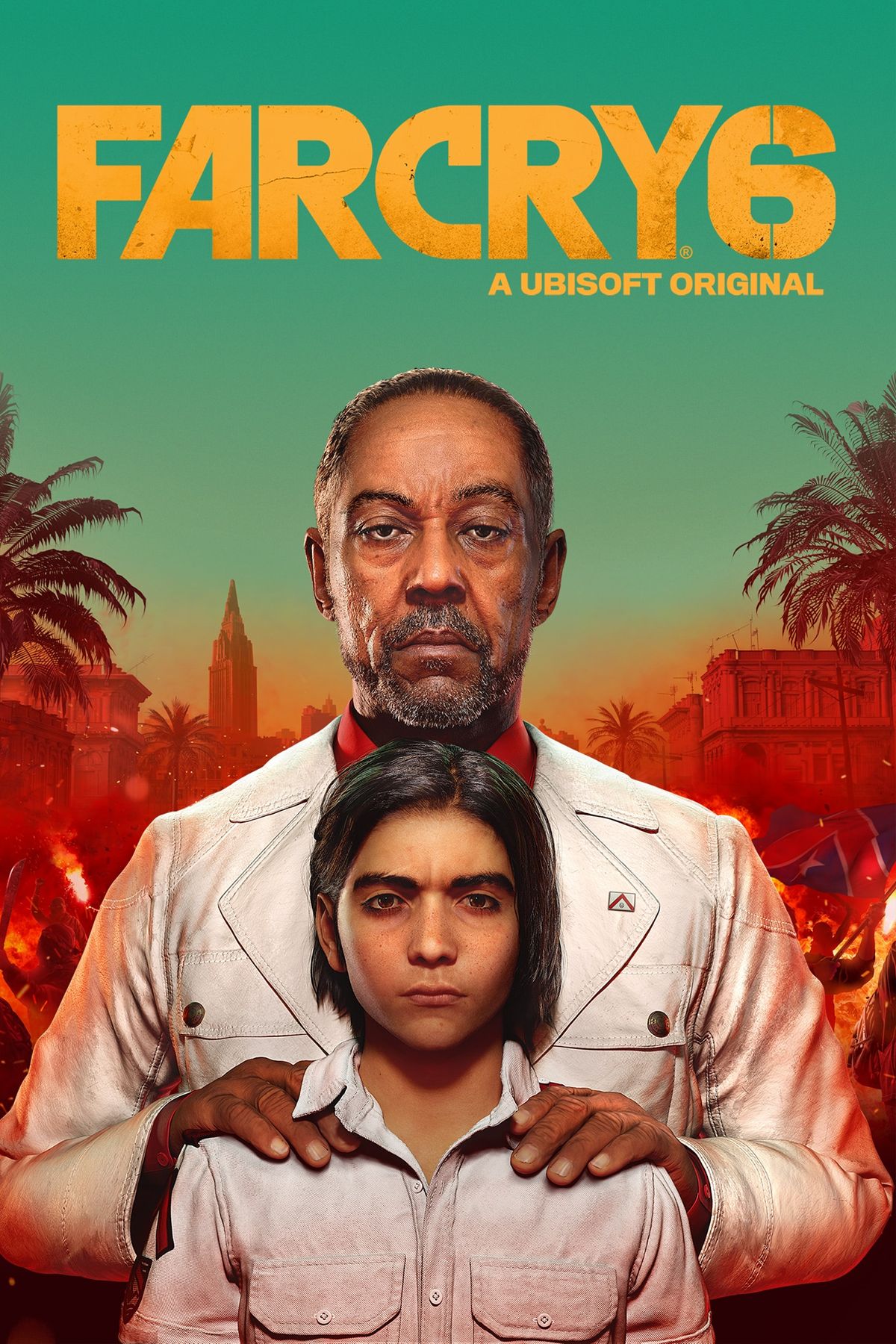Highlights
- Ubisoft has been a frontrunner in the open-world genre, with franchises like Assassin's Creed and Far Cry leading the way.
- However, the Ubisoft open-world formula has become stale and predictable, with fans feeling that they've played the same game multiple times.
- Far Cry 7 needs to break this mold and introduce fresh elements to revitalize the franchise.
The open-world genre has grown far beyond what many of its pioneers even thought possible. While the open-world genre can trace its roots all the way back to the 1980s with games like the original Legend of Zelda, it was the 2000s that really delivered the first truly open-world titles, with Grand Theft Auto 3 opening the floodgates. From that point on, having an open-world design was viewed as an absolute must-have feature for many AAA games, and Ubisoft understood that assignment better than anybody else.
Since the mid-1980s, Ubisoft has built up an impressive portfolio, and its games have often led the charge for the open-world genre, whether it's Assassin's Creed, Far Cry, or The Division. But Ubisoft's award-winning open-world formula has now become its biggest setback, and there's a big case to be made for Far Cry 7 to really innovate and leave that same old formula behind.
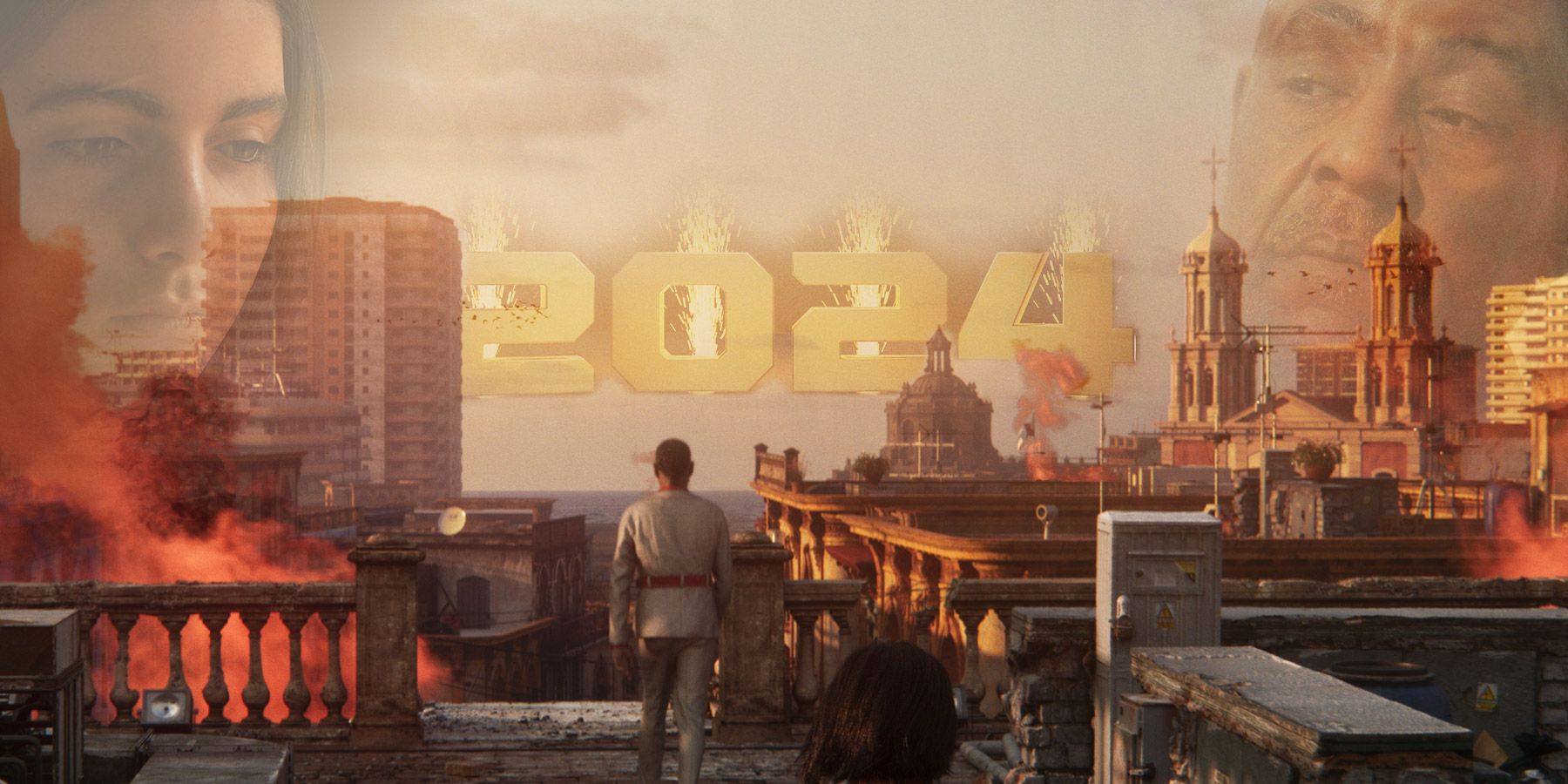
What to Expect From the Far Cry Franchise in 2024
Far Cry has been all quiet on the information front recently, but some possible details for it in 2024 can be gleaned from what is known.
Far Cry 7 Needs to Break the Ubisoft Mold
The Ubisoft Open-World Formula Started Strong
Though both the first two Far Cry games were considered open-world titles, it wasn't until Far Cry 3 that Ubisoft's now-infamous formula was first implemented. At the time, Far Cry 3's open-world design was heavily praised, with its core loop of taking down outposts, hunting wildlife, upgrading gear, and completing main missions proving to be incredibly engaging and addictive. Over time, this same formula would begin to seep into Ubisoft's other franchises, including well-established series like Assassin's Creed, new IP like The Division, and even older franchises like Ghost Recon, which had been given a complete makeover to fit with this tried and tested formula.
The Ubisoft Open-World Formula Has Gotten Stale
But while Ubisoft's open-world formula worked exceptionally well at the time, and arguably still has a place in modern gaming, there's no denying that it's gotten extremely stale. In using the same formula for all of its franchises, Ubisoft's games quickly became predictable, and fairly one-note, with many fans believing that if they'd played one Ubisoft game then they'd have played them all.
That's only gotten worse over time. The most recent Ubisoft game, Avatar: Frontiers of Pandora, once again uses the same old Ubisoft formula. Sadly, the Ubisoft open-world formula actually suits Avatar: Frontiers of Pandora's universe and premise quite well, but it gives the entire game a derivative feel, as fans have seen it countless times before. While taking down outposts, hunting wildlife, crafting new gear and slowly liberating the environment fits Avatar to a tee, it's all stuff fans have been doing time and time again in Assassin's Creed, Ghost Recon, Far Cry, and so much more. Therefore, it's time for a change.
How Far Cry 7 Could Break the Mold
If there's one Ubisoft franchise that suffers the most from its open-world formula nowadays, it's Far Cry. While Assassin's Creed has its unique settings and Ghost Recon has its co-op component, Far Cry's main draw is its gameplay, and it's been feeling stale for a long time now, with every game since Far Cry 3 feeling pretty much exactly the same. It's been well over a decade since Far Cry 3 released, and it's time that the franchise tried something different.
It's imperative that Far Cry 7 doesn't follow the usual Ubisoft open-world formula. Instead, Far Cry 7 should go out of its way to introduce brand-new elements to the franchise, whether it's entirely new gameplay mechanics, a setting unlike any other, or a completely new type of protagonist and story. The emphasis shouldn't be placed on just completing an endless checklist of mundane side activities, but on enjoying a compelling main narrative, and actually getting to explore this setting with minimal hand-holding, maybe even in a similar vein to Zelda: Breath of the Wild and Tears of the Kingdom.

